Treatment for MDD

Unmet needs in MDD
Early intervention and treatment for depression are important, as a longer duration of untreated illness is associated with poorer outcomes[1]

The overall goals of MDD treatment are to:[3]
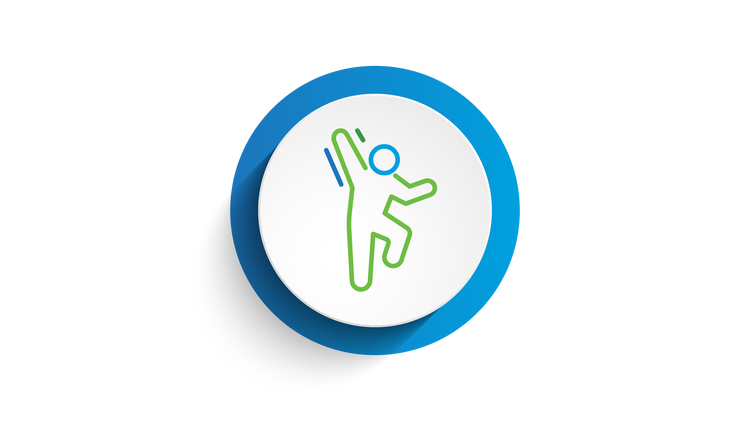
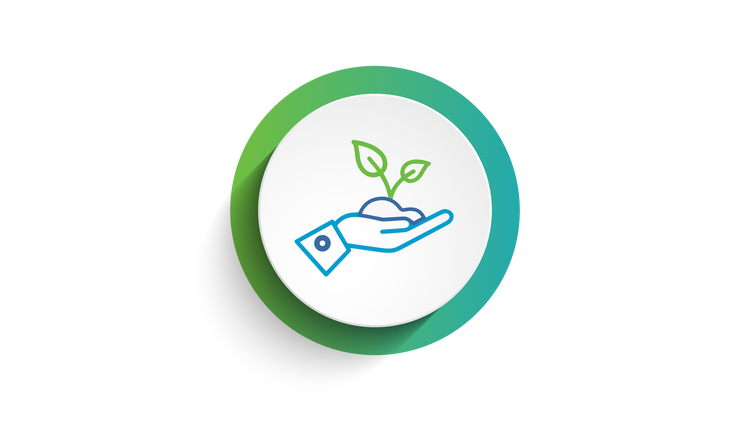
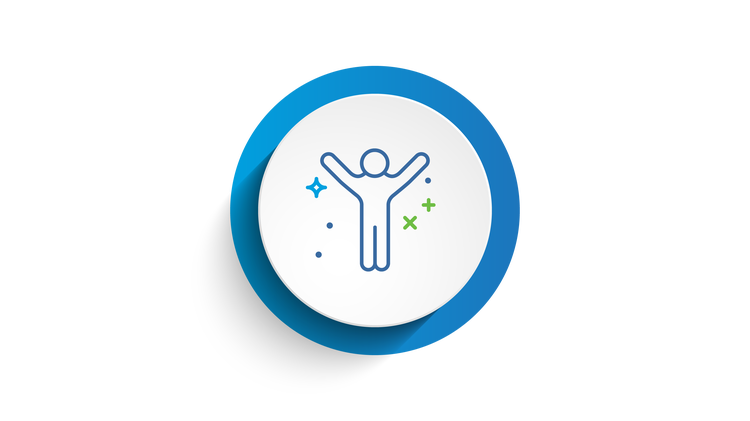
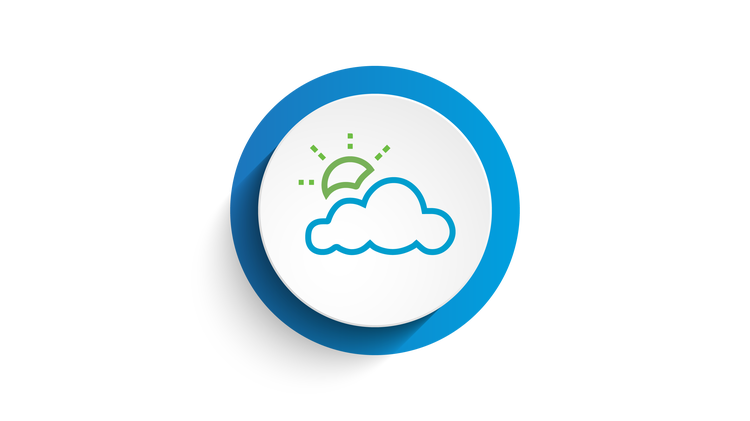
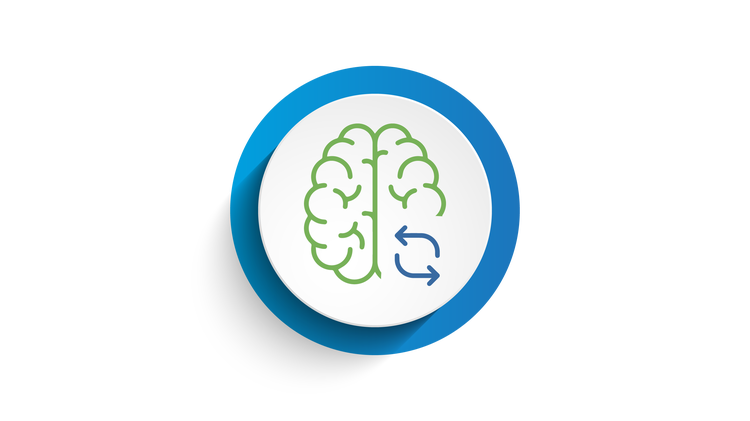
Treatments for MDD fall into the following broad categories. The selection of initial treatment for MDD is usually based on a variety of factors including symptom severity, treatment availability, speed of onset, side-effect profile and patient preference:[3][4][5]
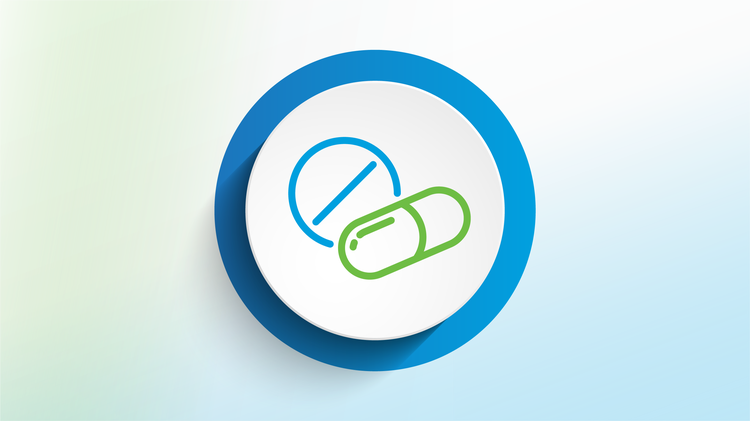
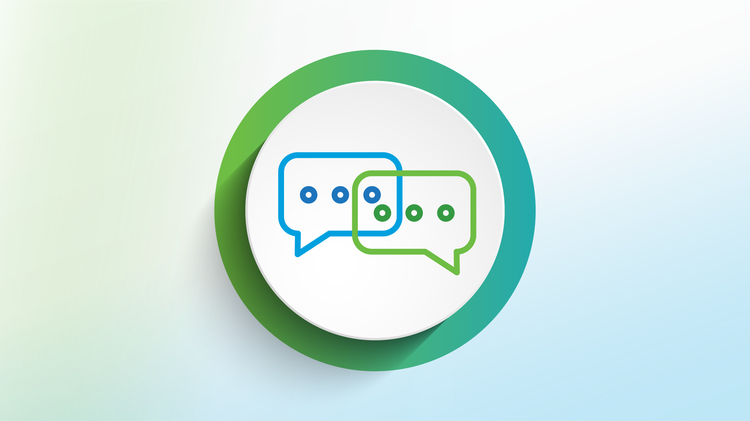
MDD Guidelines
A range of guidelines, including from Spain,[6] the UK,[7] Canada[4] and the USA,[3] recommend the following strategies for MDD:
| Pharmacotherapy | Psychological therapy | Pharmacotherapy + Psychological therapy | ECT / Neurostimulation | |
| Mild / moderate MDD | Yes[3] | Yes[3] | May be useful[3][4] | For certain patients[3][4] |
Severe MDD | Yes[3][4] | No[3] | Yes[3] | Yes[3][6] |
| Severe MDD with psychotic features | Yes (ADT + antipsychotic | No[3] | Yes[3] | Yes[3] |

Treatment categories in MDD
Pharmacotherapy
Antidepressant therapies (ADTs) are established as a first-line therapy for moderate to severe MDD.[3][6] Treatment guidelines recommend using ADTs for 4–6 weeks at an optimal dose before adding or switching therapy, and treating for 6–9 months after remission.[3][4][7]
The major classes of ADTs include:
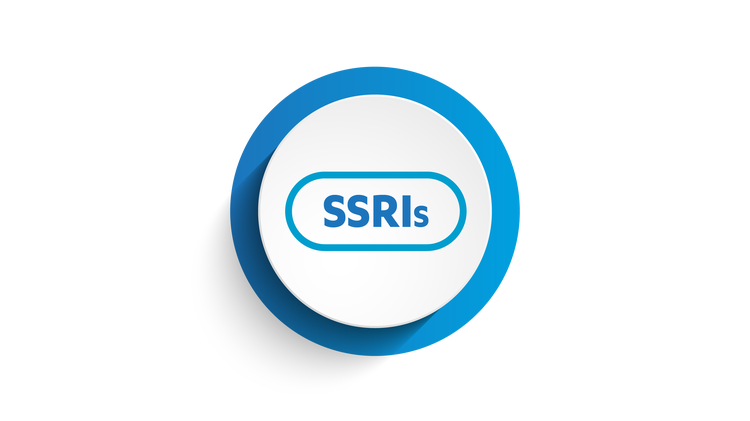
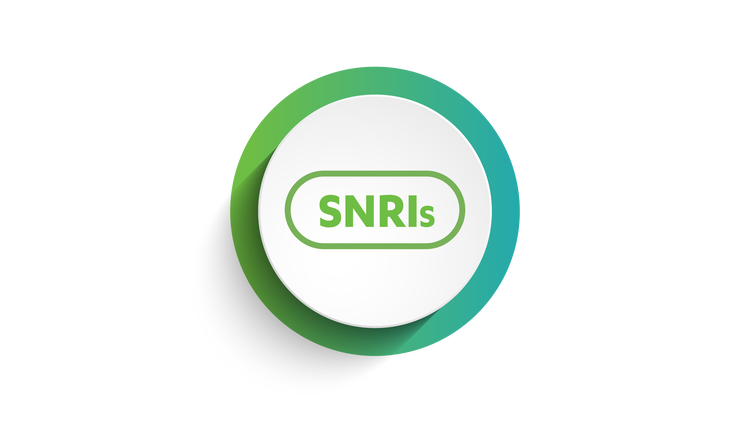
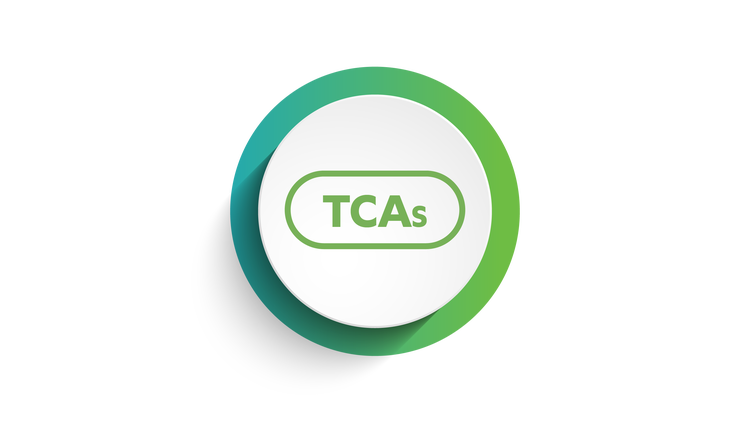
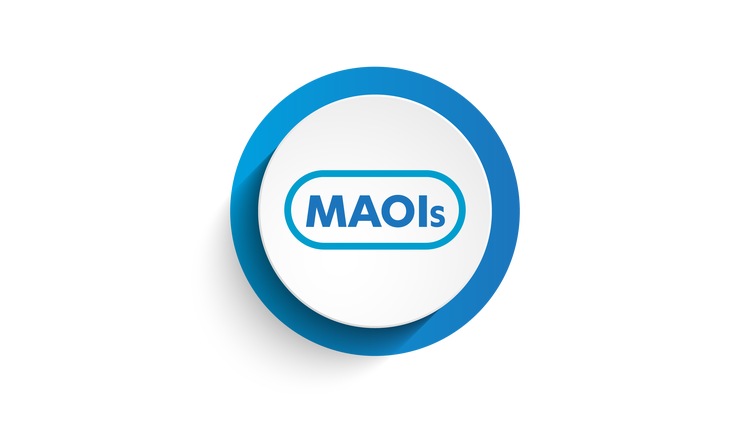
However, a number of additional treatments fall outside these categories.
A 2018 systematic review of the effectiveness of 21 antidepressant therapies for MDD established that, as initial therapy:[8]
• All antidepressants were significantly more effective than placebo[8]
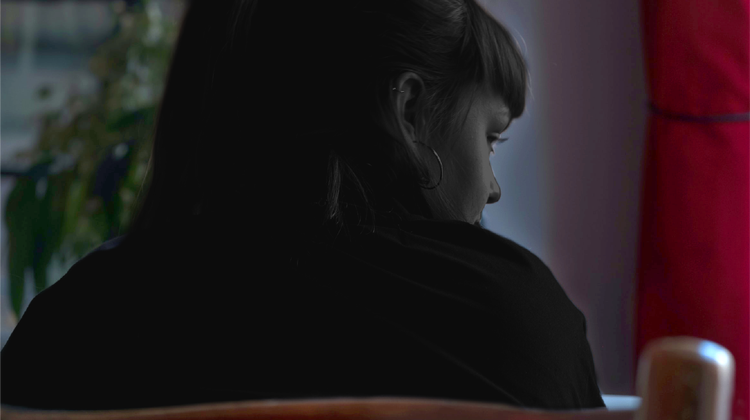
Psychological therapies in MDD
A number of different psychological treatments are used in MDD, including cognitive behavioural therapy (CBT), behavioural therapy and interpersonal psychotherapy (IPT). Guidelines do not strongly favour one particular intervention over another, although CBT delivered as a series of several sessions has the most established evidence base.[3][5][6]
Psychological therapy is recommended as a first-line treatment option for both mild to moderate and moderate to severe MDD. Combination therapy with antidepressants can be considered for moderate to severe MDD, and in some situations of mild MDD.[3][7]
Other treatments for subtypes of MDD
The use of omega-3 polyunsaturated fatty acids (PUFAs) is recommended for pregnant women with MDD (antepartum depression).[9]
Light therapy can be offered to patients with seasonal affective disorder (SAD).[3][7]

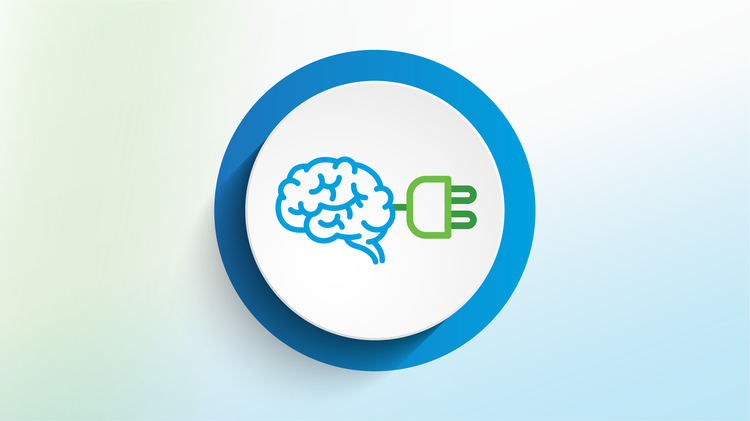
ECT / Neurostimulation
Neurostimulation involves applying electrical or magnetic stimulation to target specific brain regions. These can be non-invasive (e.g. repetitive transcranial magnetic stimulation [rTMS]; electroconvulsive therapy [ECT]) or invasive (e.g. vagus nerve stimulation [VNS]; deep brain stimulation [DBS]).[10][11]
Neurostimulation is usually reserved for patients with severe MDD.[3][7][10][11]
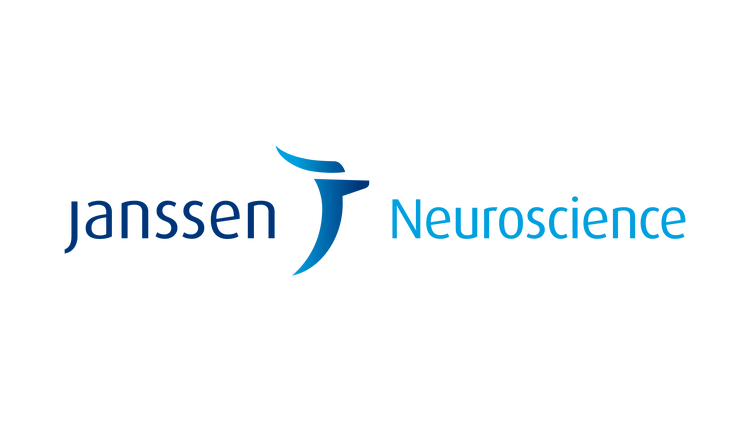
If you are a healthcare professional and would like to find out more on your local Janssen Medical Cloud
Abbreviations
ADT, Antidepressant therapies. CBT, Cognitive behavioural therapy. DBS, Deep brain stimulation. ECG, Electrocardiogram. ECT, Electroconvulsive therapy. EPA, The European Psychiatric Association. GI, Gastrointestinal. IPT, Interpersonal therapy. MAOIs, Monoamine oxidate inhibitors. MDD, Major depressive disorder. PUFA, Polyunsaturated fatty acid. SAD, Seasonal affective disorder. SNRIs, Serotonin norepinephrine reuptake inhibitors. SSRIs, Selective serotonin re-uptake inhibitors. TCAs, Tricyclics. UK, United Kingdom. USA, United States of America. VNS, Vagus nerve stimulation.